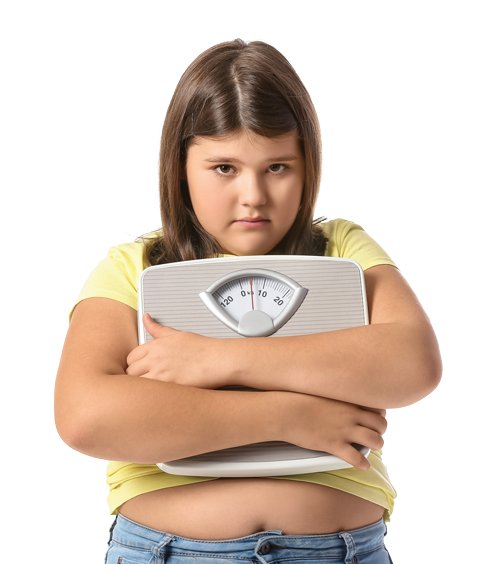
Public Health England has recently revealed that tackling obesity is one of the greatest long-term health challenges currently facing England, as one in three children leaving primary school are overweight or living with obesity and one in five are obese.
According to these figures, a staggering 227,314 children aged 10-11 were classified as overweight or obese in 2021/22, a figure that has risen by 30% since the Covid-19 pandemic. In 2019/20, 172,831 Year 6 children were classed as overweight or obese before records were skewed during the 2020/21 Covid-crisis.
According to eating disorder experts at UKAT, (the UK Addiction Treatment Group) the number of children overweight or obese in 2021/22 was the highest count of overweight or obese children age 10-11 ever recorded, with figures going back as far as 2006/07.
Analysis of the new data by UKAT also reveals that the number of children in reception, those aged just four to five years old, classed as overweight and including obese rose from 91,723 in 2019/20 to 126,701 in 2021/22, a 38% rise since the pandemic. Those in Year 6 who are classed solely as ‘severely obese’ has risen drastically too. In 2019/20, 22,885 children age 10-11 were classed as severely obese. This rose to 34,818 in 2021/22 – a 52% rise.
There is concern about the rise of childhood obesity and the implications of obesity persisting into adulthood. The risk of obesity in adulthood and risk of future obesity-related ill health are greater as children get older. Around two-thirds (63%) of adults are above a healthy weight, and of these half are living with obesity.
Obesity prevalence is highest amongst the most deprived groups in society. Children resident in the most deprived parts of the country are more than twice as likely to be living with obesity than those in the least deprived areas.
Nuno Albuquerque, Head of Treatment for the UKAT Group comments; “Our concern is for the physical and mental wellbeing of children who are overweight or living with obesity. The health consequences of childhood obesity include type 2 diabetes, hypertension, and exacerbation of conditions like asthma, to name a few. But the psychological problems that come with obesity at such a young age include social isolation, low self-esteem and bullying, all factors that go hand in hand with the development of an eating disorder. We treat people aged 16 and over for eating disorders, and the vast majority of those began their unhealthy relationship with food during their childhood. For some, over-eating is not a choice, it is a progressive illness that worsens over time and can be extremely dangerous. These figures clearly show that children’s eating habits worsened during the global pandemic and as a society, we need to tackle this head on as a priority.”
For population monitoring purposes, children are classified as overweight (including obesity) if their body mass index (BMI) is on or above the 85th centile of the British 1990 growth reference (UK90) according to age and sex. For population monitoring purposes children are classified as living with severe obesity if their body mass index (BMI) is on or above the 99.6th centile of the British 1990 growth reference (UK90) according to age and sex.
For further information and 24/7 confidential help and support with understanding eating disorders please visit www.ukat.co.uk










